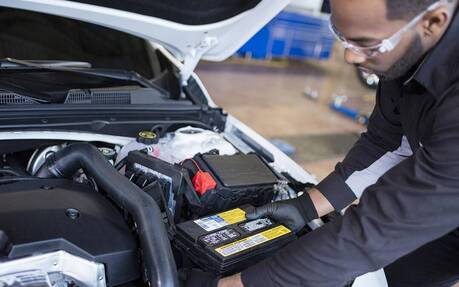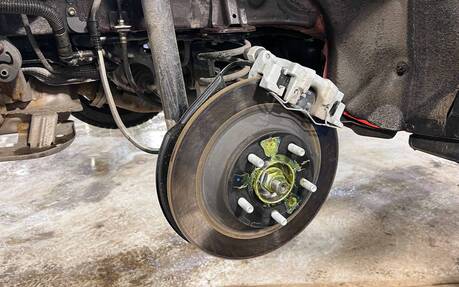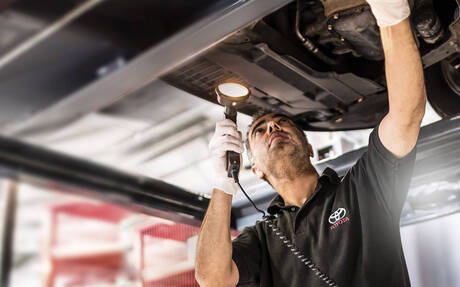Maintaining Your Vehicle is Good For Your Wallet... and the Environment!
In partnership with Otogo.ca
Like a lot of industries, the auto sector has a reputation of putting pressure on consumers to change their vehicle after only a few years of ownership. And sometimes, the swap is not always in the consumers’ best interests.
- Also: Dealers and Shops With the Best Long-Term Customer Service in 2022
- Also: Here’s Why Your Old Beater Car Doesn’t Look So Bad Now
In the present state of the industry where it’s more expensive and difficult to change vehicle because of a smaller inventory of longer delivery times, keeping your used car longer can turn into a very profitable decision. However, scheduled maintenance becomes crucial for the move to stay profitable, especially when you're driving an older car.
To that regard, did you know that the average vehicle our roads today is about 12 years old?

It's a fact, keeping the same car or the same SUV for a period of 10+ years can be financially advantageous if you’re willing to keep up with the 1,500 $ to 2,000 $ yearly maintenance fees. As a reminder, that is the price of the freight and delivery fee of a new car. Keep that in mind!
One of the best pieces of advice you can receive is to follow the recommendations provided by the manufacturer regarding the frequency and maintenance type to do on your vehicle. Naturally, waiting until parts get to the end of their life cycle before replacing them isn’t the best way to maintain your car. It's always better be safe than sorry!
Drivers must always research and evaluate the different maintenance products and replacement parts they purchase: quality matters, but overpaying won’t get you much further. The goal here is to do what’s necessary in order to safely take the road.

There’s also the environmental aspect. Keeping a vehicle well maintained in order to keep it longer is an easy ecological decision. Just think about the ecological footprint of manufacturing a brand-new car or sending a used one to the scrapyard. Of course, it’s a different story if your pickup truck burns 20 litres of fuel every 100 kilometres or its emission control systems aren't working anymore!
